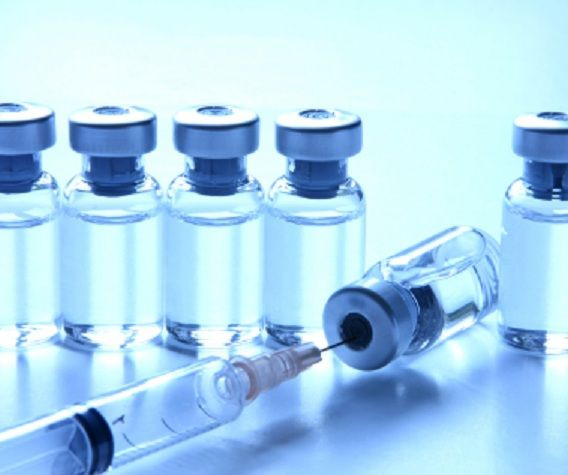Is Testosterone the New Truth Serum? Male Sex Hormone Found to Promote Honesty in Men

Testosterone, the male sex hormone previously linked to aggression and criminality, may actually foster pro-social behaviors by increasing honesty in men, according to new findings.
German researchers found that the hormone testosterone, which fosters the forming of sexual characteristics such as increasing libido and muscle building in males, may actually promote pro-social behavior and reduce lying in men.
"Testosterone has always been said to promote aggressive and risky behavior and posturing," researcher Dr. Bernd Weber, a neuro-scientist from the Center for Economics and Neuroscience at the University of Bonn, said in a statement.
However, researchers from the latest study published in the journal PLOS ONE, noted that more recent studies show that this sex hormone may also do the opposite and foster good behavior.
"The disadvantage of many studies is, however, that they only correlate their subjects' testosterone level with their behavior," said lead author Dr. Matthias Wibral, adding that this study approach only shows statistical links and does not provide any insights into the causes for the behavior.
"For testosterone does not only influence behavior; behavior, in turn, also influences hormone levels," Wibral explained.
Scientists in the latest study took on an experimental approach that would allow them to see the cause and effect of testosterone in a study involving 91 healthy young men. Out of all the participants, 46 were treated with testosterone by applying it to the skin in gel form and the other 45 were treated with a placebo gel.
"Neither the subjects themselves nor the scientists performing the study knew who had received testosterone and who hadn't," said Wibral.
After the gel was applied, participants were asked to play a simple game of dice in individual booths. In the game, the higher their score, the higher the amounts of money participants received as a reward.
Researchers said that experiment was designed in a way that allowed participants to lie.
"Due to the separate booths, nobody knew whether they were entering their real scores into the computer, or higher ones in order to get more money," Wibral said.
However, Wibral noted that researchers were able to determine later whether participants had cheated or not.
"Statistically, the probability for all numbers on the dice to occur is identical," Wibral explained. "So, if there are outliers in the higher numbers, this is a clear indication that subjects have been cheating."
Afterwards, when scientists compared the results from the testosterone group to those from the control group, they found that participants who had been given testosterone lied significantly less frequently than participants given the placebo.
"This result clearly contradicts the one-dimensional approach that testosterone results in anti-social behavior," co-researcher Dr. Armin Falk said in a statement, adding that testosterone may have increased pride and the need to develop a positive self-image in participants.
"Against this background, a few euros are obviously not a sufficient incentive to jeopardize one's feeling of self-worth," Falk said in a statement.
"Lying is a pervasive phenomenon with important social and economic implications. However, despite substantial interest in the prevalence and determinants of lying, little is known about its biological foundations," researchers wrote in the study.
While many studies have examined lying behavior and the economic effects of lying, very few studies have attempted to understand the biological causes of lying.
"In this regard, this study has allowed us to make a big step forward," Falk concluded.
Published by Medicaldaily.com



























